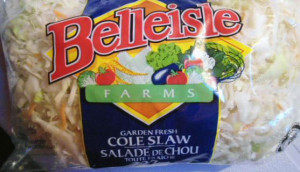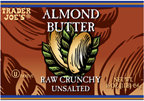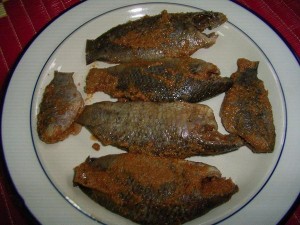In 2011, a 29-year-old man was hospitalized after five days of progressive dizziness, blurred vision, dysphagia, and difficulty breathing. The patient required mechanical ventilation and botulism antitoxin. He remained in the hospital for 57 days and then spent some time in a rehabilitation facility. According to the U.S. Centers for Disease Control and Prevention, he had tasted some potato soup that included botulinum toxin.
In 1977, 59 patrons of a Detroit Mexican restaurant became ill with botulism after consuming improperly canned peppers. As a result of rumors of a pending shortage of fresh peppers, the restaurant staff decided to stick lightly-cooked peppers and some water in jars and seal them.
Putting low acid foods in a jar and sealing them without either acidifying (with vinegar/fermentation) or processing using pressure is a bad idea.
According to WTVR, Corfino Foods of Richmond VA has been selling soups and sauces that were improperly processed resulting in a health alert from the Virginia Department of Agriculture and Consumer Services.
These products were improperly processed, making them susceptible to contamination with Clostridium botulinum.
Corfinio Foods has already suspended production of all of its canned soups and sauces and the firm is currently working with VDACS to come into compliance with state requirements.
Although there have been no reported cases of illness associated with these products, VDACS is issuing this consumer warning so that people who have previously purchased the products do not consume them.
The soups and sauces are packaged in glass, mason style jars with metal, screw on lids and have been sold at the Brandermill Green Market. The jars are marked with the Corfinio Foods label.
The firm was made aware of the dangers associated with selling improperly processed foods of this type and is working with VDACS and the market to notify consumers of the product recall.
Consumers who have any of these products or any foods made with these products should discard them immediately. They should double bag the jars in plastic bags and place in a trash receptacle for non-recyclable trash. Those who don’t wear gloves when handling these products should wash their hands with soap and running water after handling.
 Twenty-nine samples of water were drawn from such machines throughout the Klang Valley – and almost all were contaminated.
Twenty-nine samples of water were drawn from such machines throughout the Klang Valley – and almost all were contaminated.








